Cats have a long-standing reputation as skilled hunters and companions. While their playful antics and comforting purrs are well-known, their role in reducing household pests is equally significant. This article delves into how our feline friends contribute to keeping our homes free of unwanted intruders, making them not just pets but also integral members of our households.
Natural Instincts: Born to Hunt
Cats are natural-born hunters, a trait passed down from their wild ancestors. These instincts are hardwired into their behavior, allowing them to detect and pounce on prey with precision. When a cat senses movement, it triggers a hunting response that is both swift and effective. This instinctual behavior makes them excellent at controlling pest populations within the home, as they are constantly on the lookout for anything that moves.
The Silent Guardians: Nighttime Vigilance
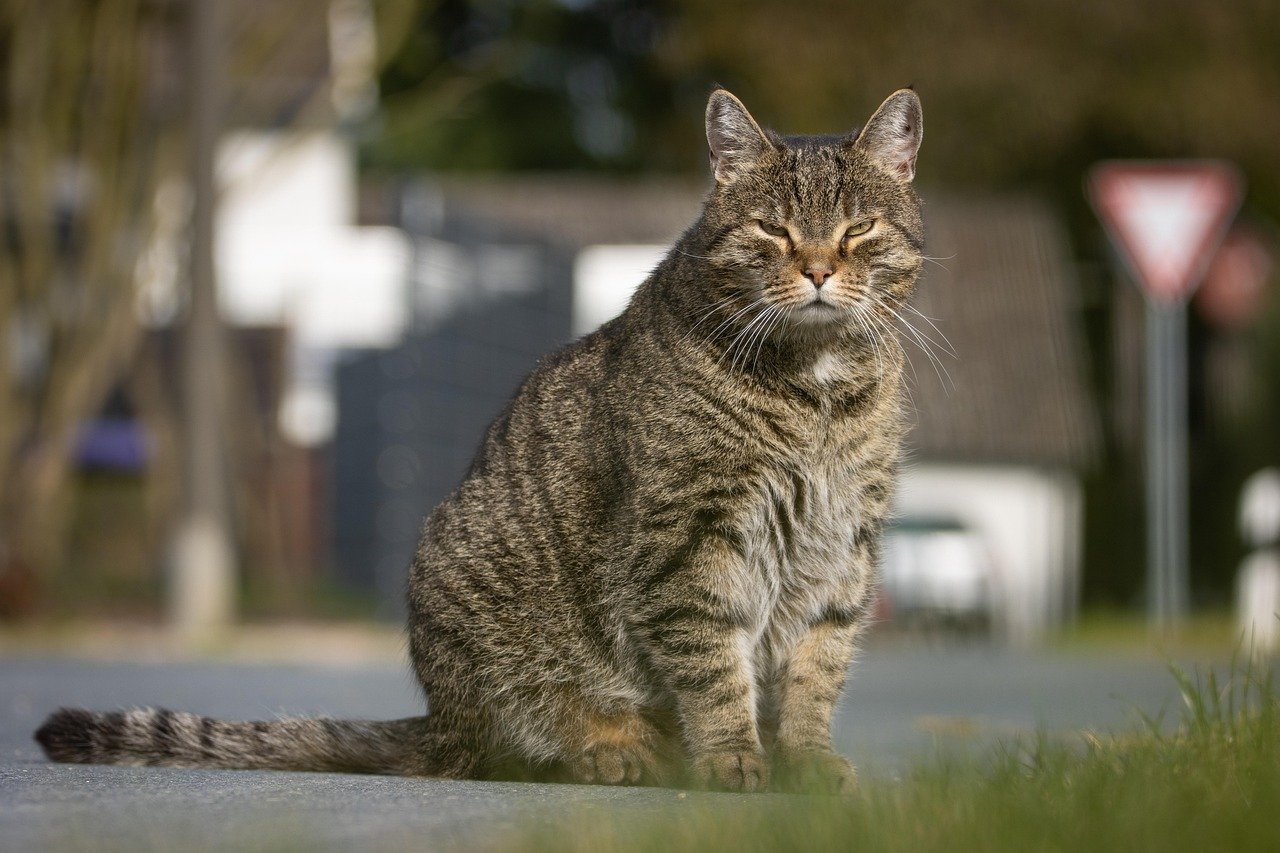
Cats are primarily crepuscular, meaning they are most active during dawn and dusk. However, their keen senses remain alert even at night. This nocturnal vigilance allows them to patrol the house while you sleep, catching pests like mice or insects that may venture out under the cover of darkness. Their ability to see well in low light conditions gives them an advantage over pests that prefer to stay hidden.
Rodent Control: A Cat’s Specialty
One of the most significant contributions cats make to pest control is their ability to keep rodent populations in check. Mice and rats can cause damage to property and pose health risks. Cats, with their stealth and agility, are able to catch these rodents effectively. Even the mere presence of a cat can act as a deterrent, as rodents tend to avoid areas where they sense a predator.
Insect Interceptors: Beyond Mice and Rats
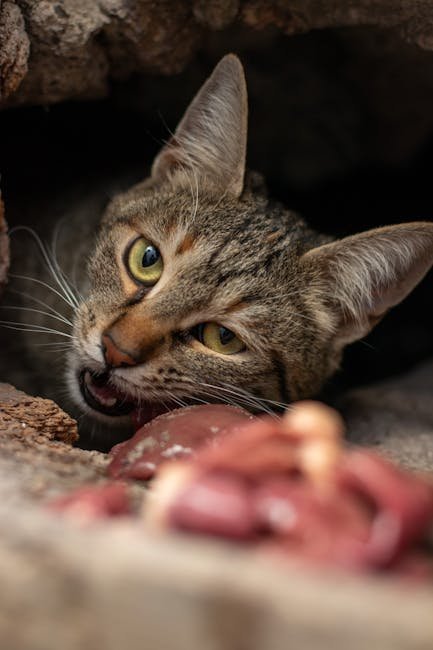
Cats aren’t just effective against rodents; their sharp reflexes also make them adept at catching insects. Whether it’s a pesky fly, a crawling spider, or a buzzing moth, cats can quickly pounce and eliminate these small intruders. This aspect of their hunting ability helps reduce the number of insects in the home, contributing to a more comfortable living environment.
A Non-Toxic Solution: Eco-Friendly Pest Control
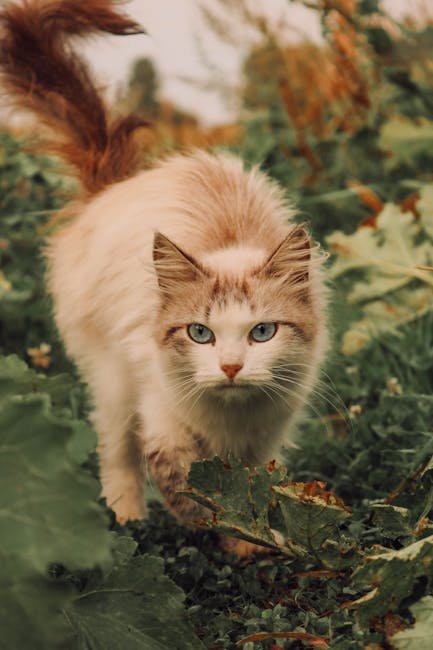
Using cats as a natural pest control method offers an eco-friendly alternative to chemical solutions. Unlike pesticides, which can be harmful to both humans and pets, cats provide a non-toxic way to manage pests. This approach not only safeguards the health of the household but also protects the environment from harmful chemicals.
Deterrence Through Presence: The Fear Factor
The mere presence of a cat can act as a significant deterrent to pests. Many pests, especially rodents, have evolved to recognize the scent and sounds of predators. A cat’s territorial behavior and its ability to mark its environment with scent glands send a clear message to potential intruders to stay away, reducing the likelihood of infestations.
Adaptable Hunters: Versatility in Pest Control
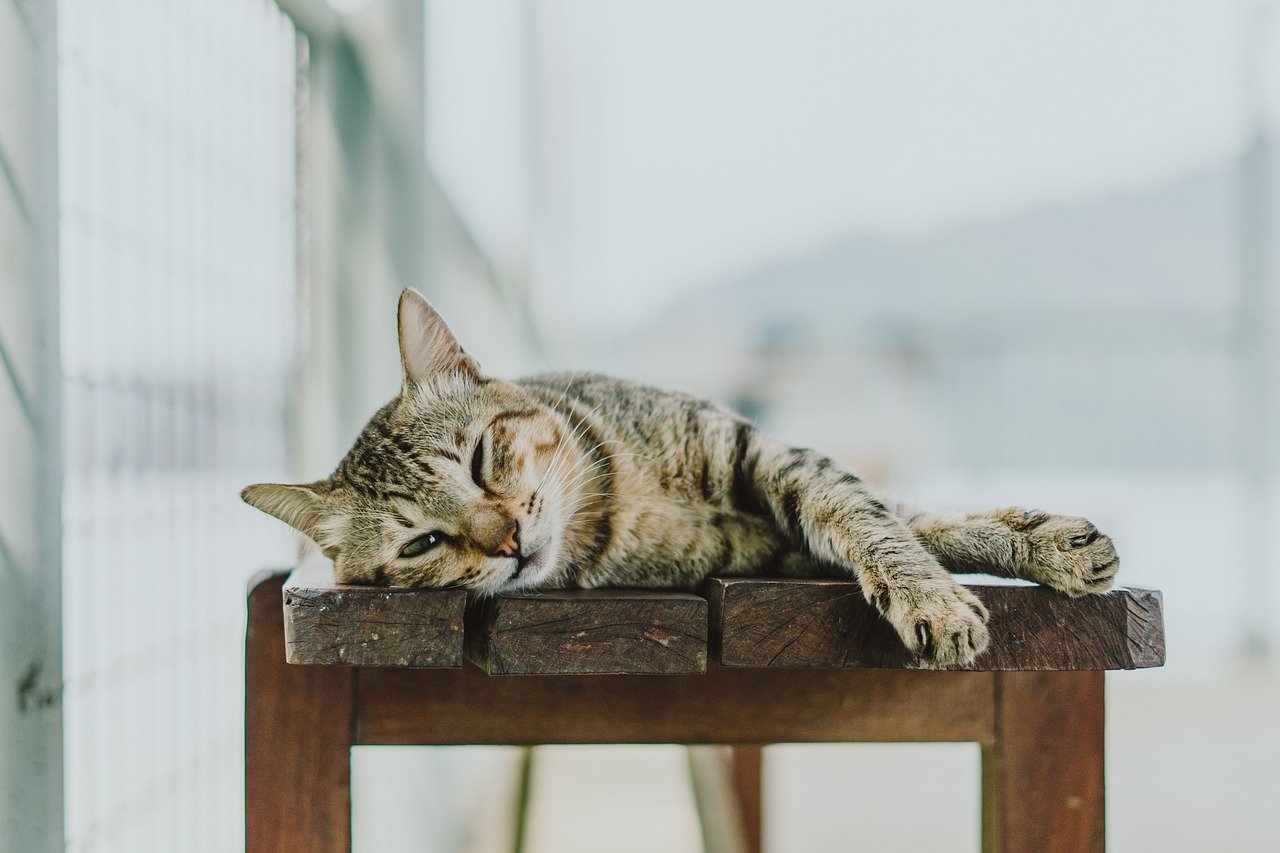
Cats are incredibly adaptable hunters, capable of modifying their hunting techniques to suit different types of prey. This versatility allows them to tackle a wide range of pests, from the smallest insects to larger rodents. Their ability to adapt to various hunting scenarios makes them invaluable allies in maintaining a pest-free home.
Behavioral Enrichment: Keeping Cats Engaged
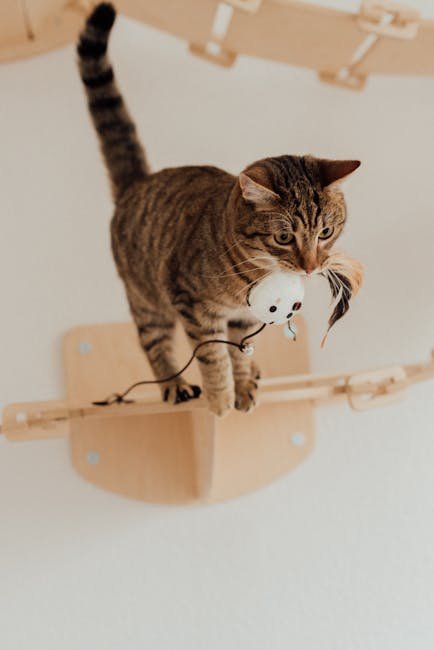
Engaging a cat’s hunting instincts is beneficial for the cat as well. Providing opportunities for them to hunt, whether through play or pest control, keeps them mentally and physically stimulated. This enrichment is crucial for their well-being, preventing boredom and promoting a healthy, active lifestyle.
Companionship and Protection: Dual Roles
Cats offer more than just companionship; they provide a sense of security as well. Knowing that a cat is on the lookout for pests can bring peace of mind to homeowners. This dual role of being both a companion and a protector enhances the bond between cats and their human families, making them cherished members of the household.
Understanding Feline Behavior: The Key to Coexistence
Understanding a cat’s behavior is essential to maximizing their pest control abilities. Observing their hunting patterns and providing appropriate outlets for these instincts can enhance their effectiveness as pest controllers. Knowledge of feline behavior also helps in creating a harmonious living environment where cats can thrive while keeping pests at bay.
Training Your Cat: Encouraging Pest Control
While cats have natural hunting instincts, training them to focus on certain pests can be beneficial. Encouraging and rewarding pest-catching behavior can reinforce their role in pest management. Simple training techniques, combined with their innate abilities, can make them even more effective in keeping the home pest-free.
Health Benefits for Cats: A Natural Exercise Regimen
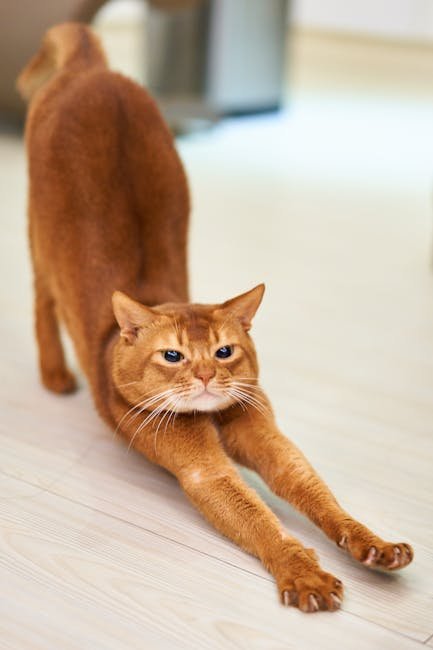
The act of hunting and catching pests provides cats with a natural exercise regimen. This activity helps maintain their physical health, keeping them agile and fit. Regular movement and mental stimulation from hunting contribute to a cat’s overall well-being, leading to a longer, healthier life.
Historical Companions: Cats and Humans Through Time
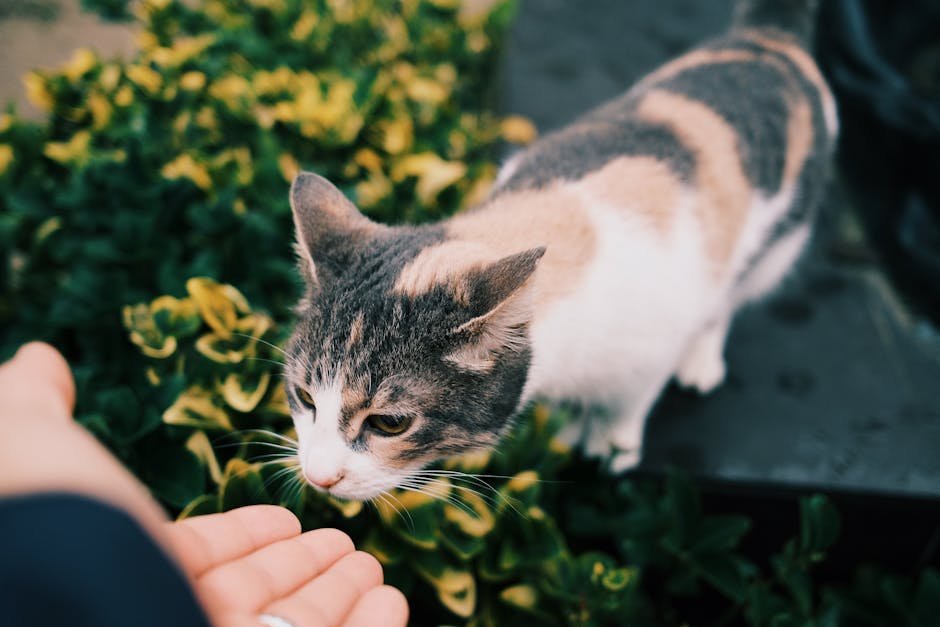
The relationship between cats and humans dates back thousands of years. Historically, cats have been valued for their pest control abilities, often being kept in homes, farms, and ships to protect food supplies. This long-standing partnership highlights the important role cats have played in human societies as both companions and protectors.
Myth Busting: Common Misconceptions About Cats as Hunters
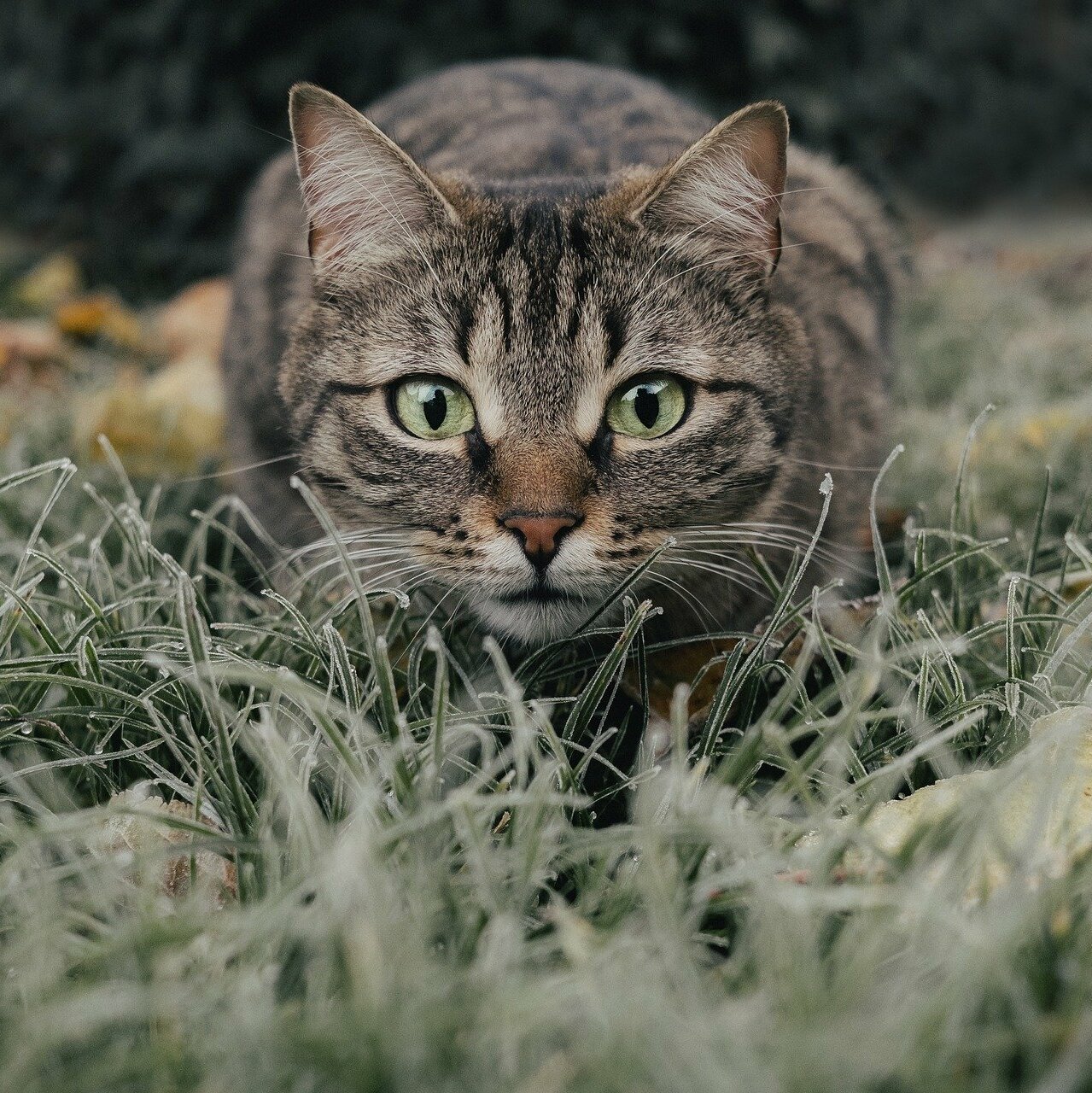
There are several misconceptions about cats and their hunting abilities. Some people believe that domestic cats have lost their hunting instincts, but this is far from the truth. Even domesticated cats retain their keen senses and hunting prowess, making them effective pest controllers. Dispelling these myths helps appreciate the true value cats bring to our homes.
Choosing the Right Cat: Breeds Known for Hunting
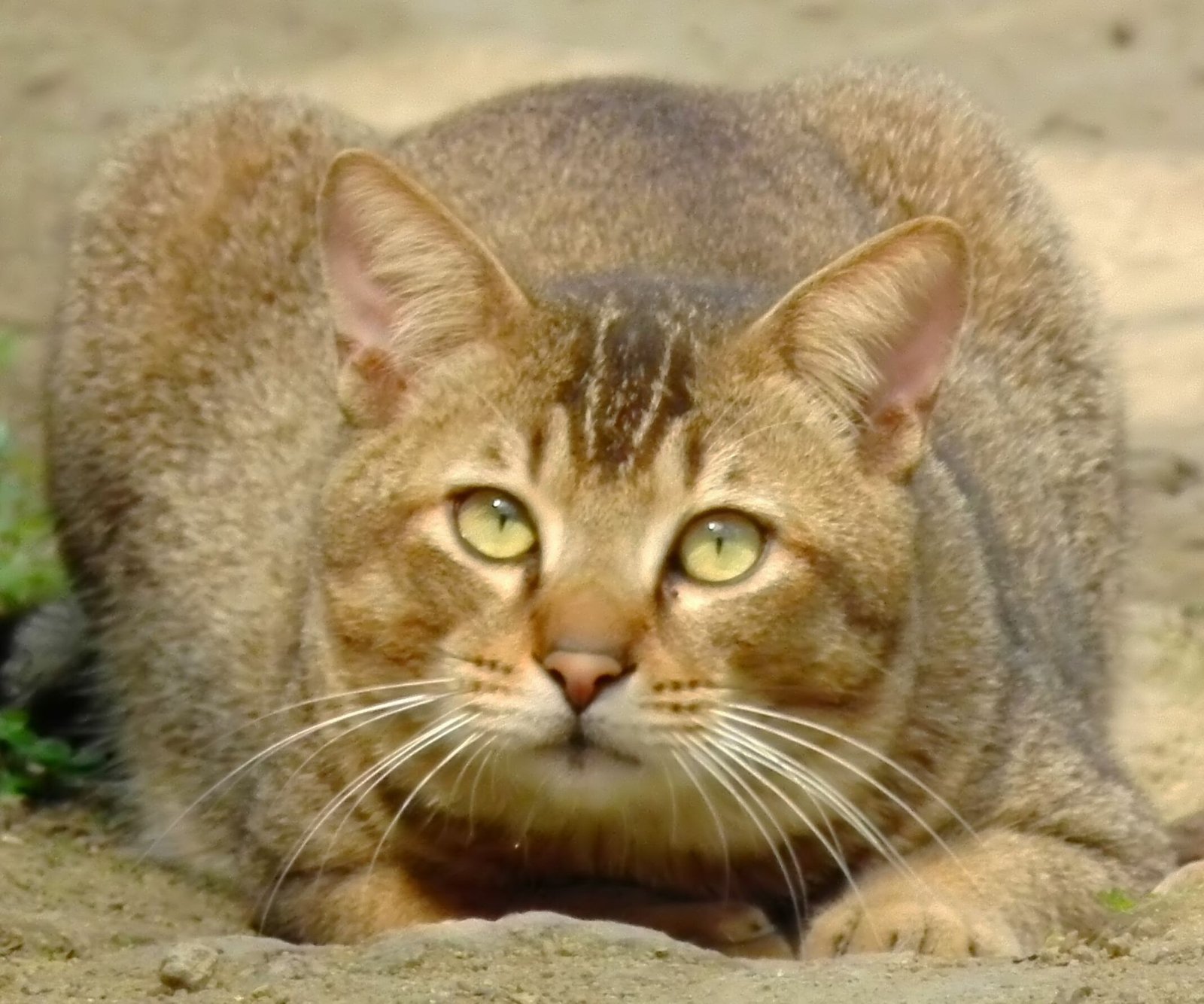
While all cats have hunting instincts, some breeds are particularly renowned for their pest control abilities. Breeds like the Maine Coon, Siamese, and American Shorthair are known for their strong hunting skills. Choosing a cat from a breed with a reputation for being an adept hunter can enhance pest control efforts in the home.
Indoor vs. Outdoor Cats: Pest Control Dynamics
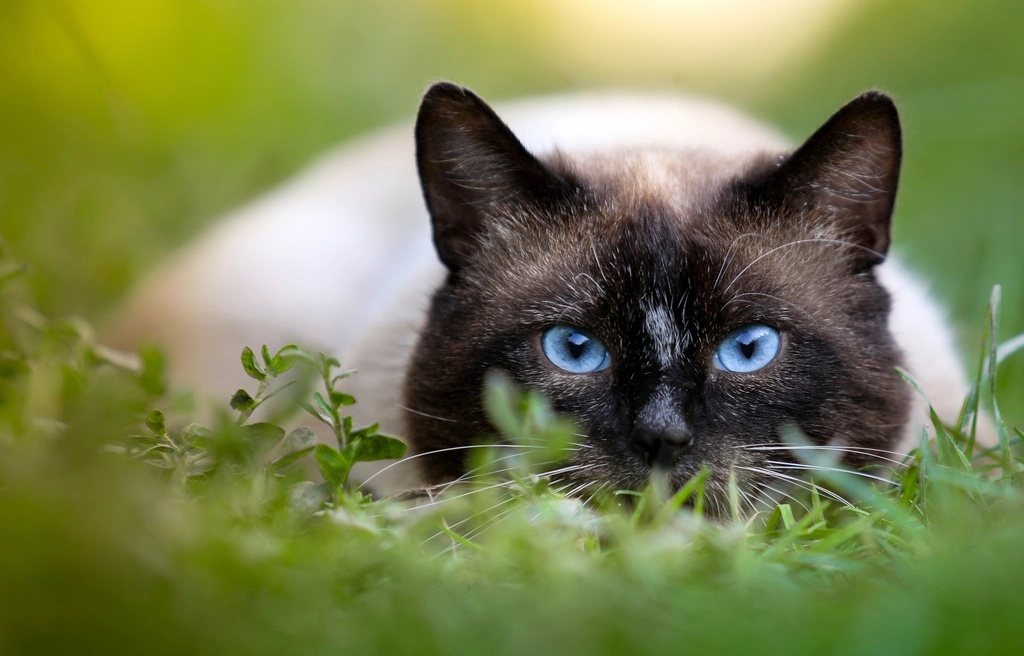
The environment in which a cat lives can influence its pest control effectiveness. Indoor cats have fewer opportunities to hunt but can still manage household pests. Outdoor cats, on the other hand, have a broader range of prey but may face additional risks. Understanding these dynamics helps in making informed decisions about how to best utilize a cat’s hunting abilities.
Bonding Through Play: Simulating Hunting Scenarios
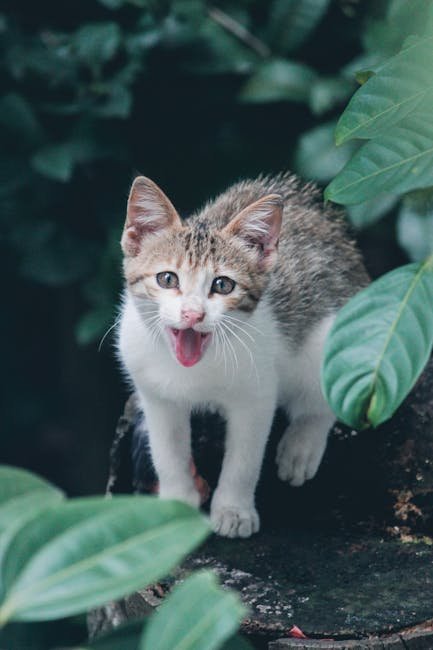
Playing with your cat can simulate hunting scenarios, strengthening their natural instincts. Toys that mimic the movement of prey can provide both exercise and mental stimulation. This bonding activity not only reinforces the cat’s hunting skills but also enhances the relationship between the cat and its owner.
Maintaining a Balance: Coexisting with Wildlife
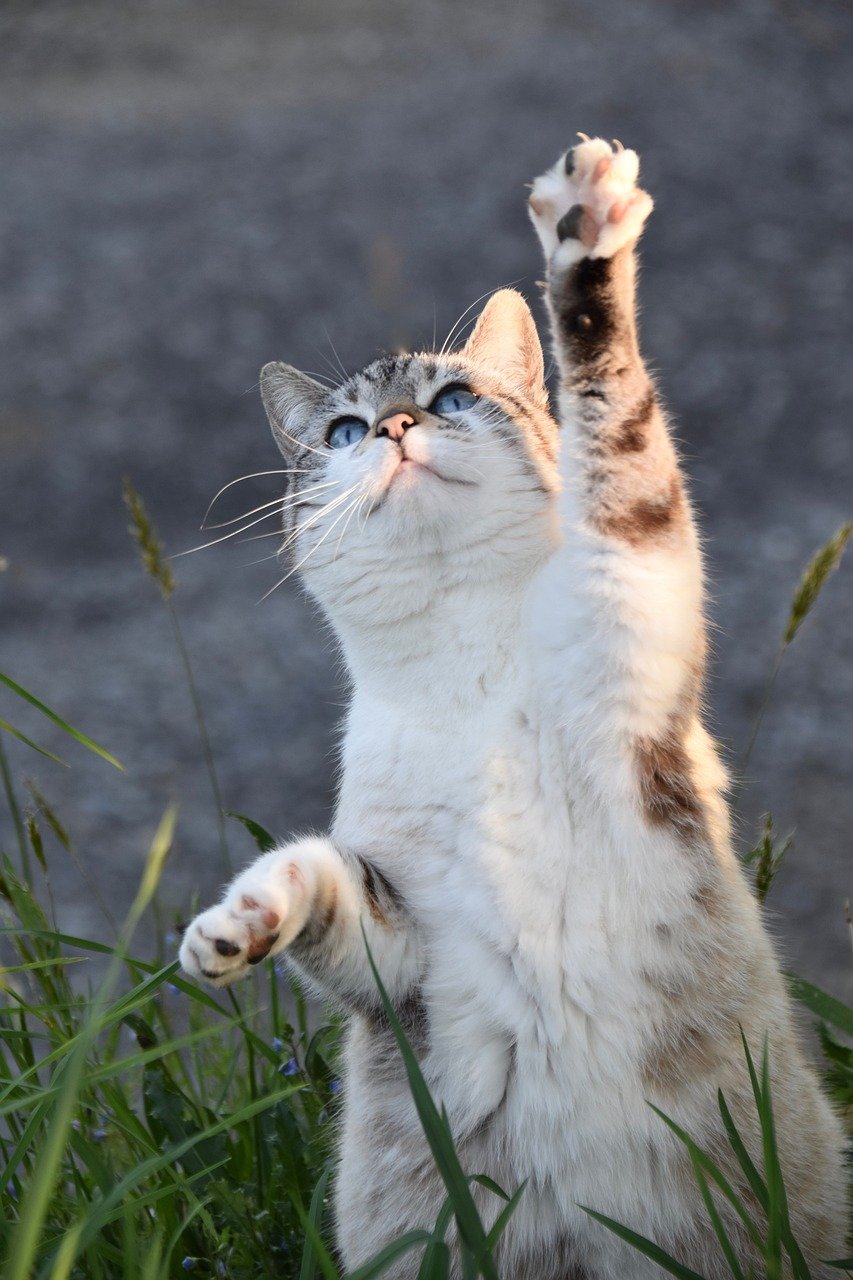
While cats are effective at controlling pests, it’s essential to maintain a balance with local wildlife. Responsible pet ownership involves ensuring that cats do not negatively impact native species. This balance can be achieved by keeping cats indoors or providing supervised outdoor time, allowing them to contribute to pest control without disrupting local ecosystems.
The Future of Pest Control: Cats in Modern Homes
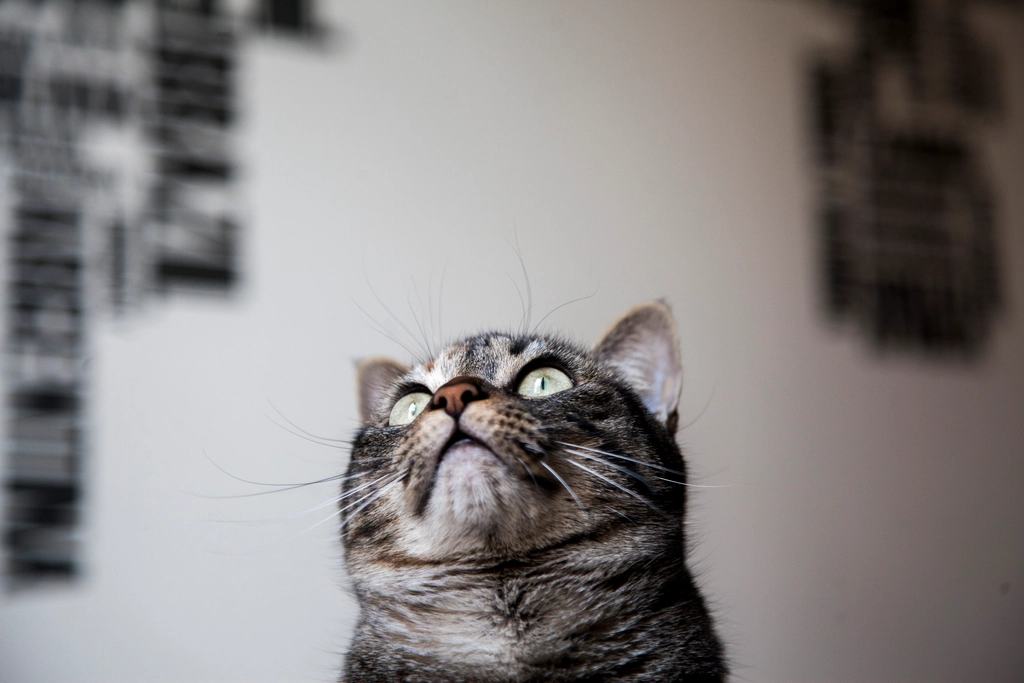
As we move towards more sustainable living, the role of cats in pest control is becoming increasingly relevant. They offer a natural, effective, and eco-friendly solution to managing household pests. Embracing this role can lead to healthier homes and happier cats, highlighting the importance of cats in modern households.
A Win-Win Relationship: Benefiting Both Cats and Humans
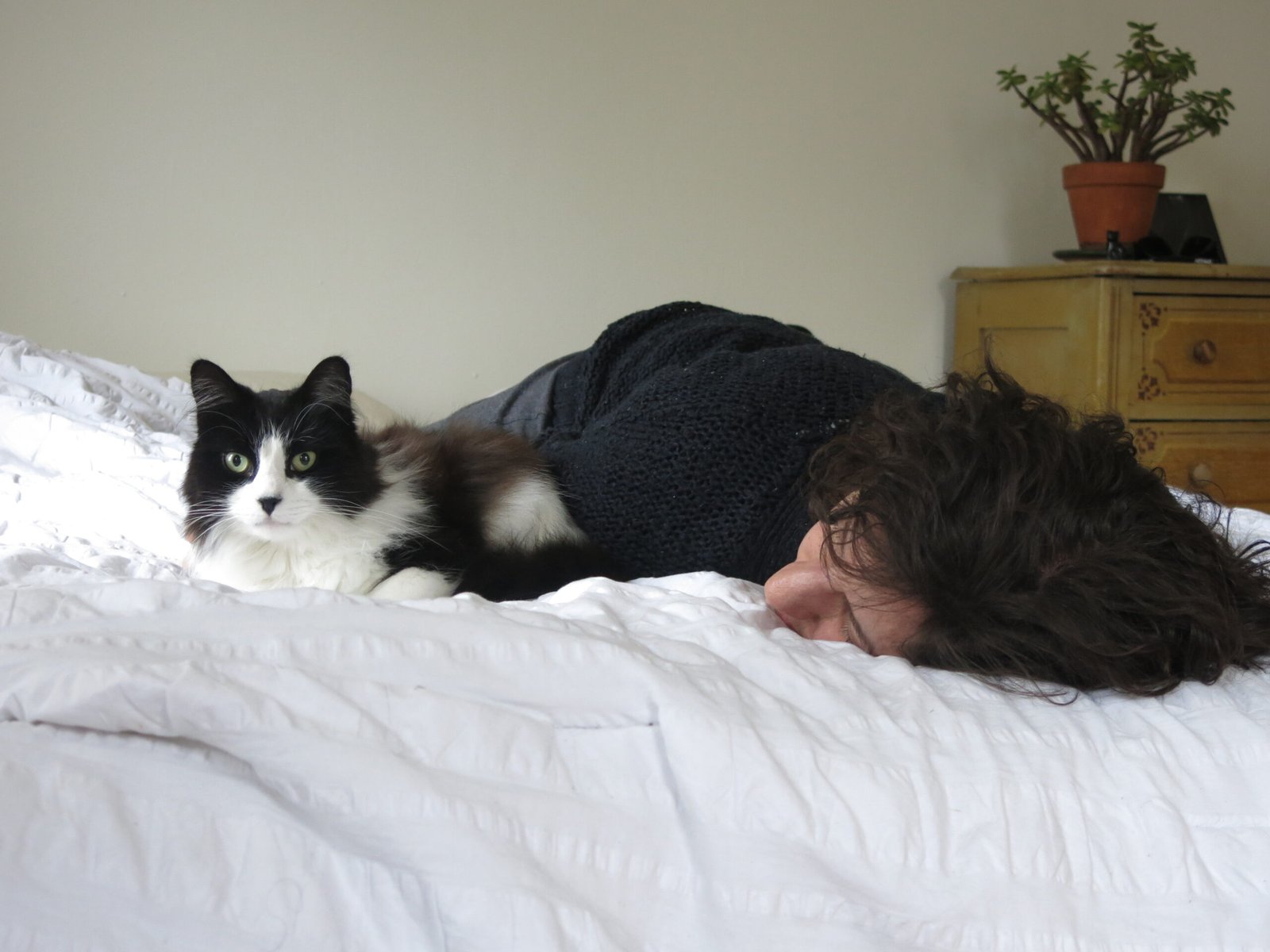
The relationship between cats and humans is mutually beneficial. While cats help reduce household pests, humans provide them with food, shelter, and love. This symbiotic relationship enhances the quality of life for both parties, creating a harmonious living environment. Cats are more than just pets; they are partners in maintaining a pest-free home.
Hi, I’m Bola, a passionate writer and creative strategist with a knack for crafting compelling content that educates, inspires, and connects. Over the years, I’ve honed my skills across various writing fields, including content creation, copywriting, online course development, and video scriptwriting.
When I’m not at my desk, you’ll find me exploring new ideas, reading books, or brainstorming creative ways to solve challenges. I believe that words have the power to transform, and I’m here to help you leverage that power for success.
Thanks for stopping by, Keep coming to this website to checkout new articles form me. You’d always love it!






